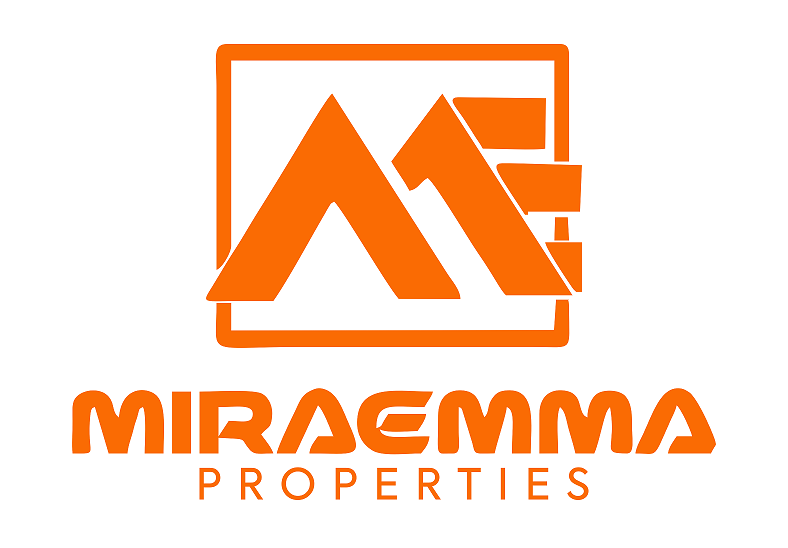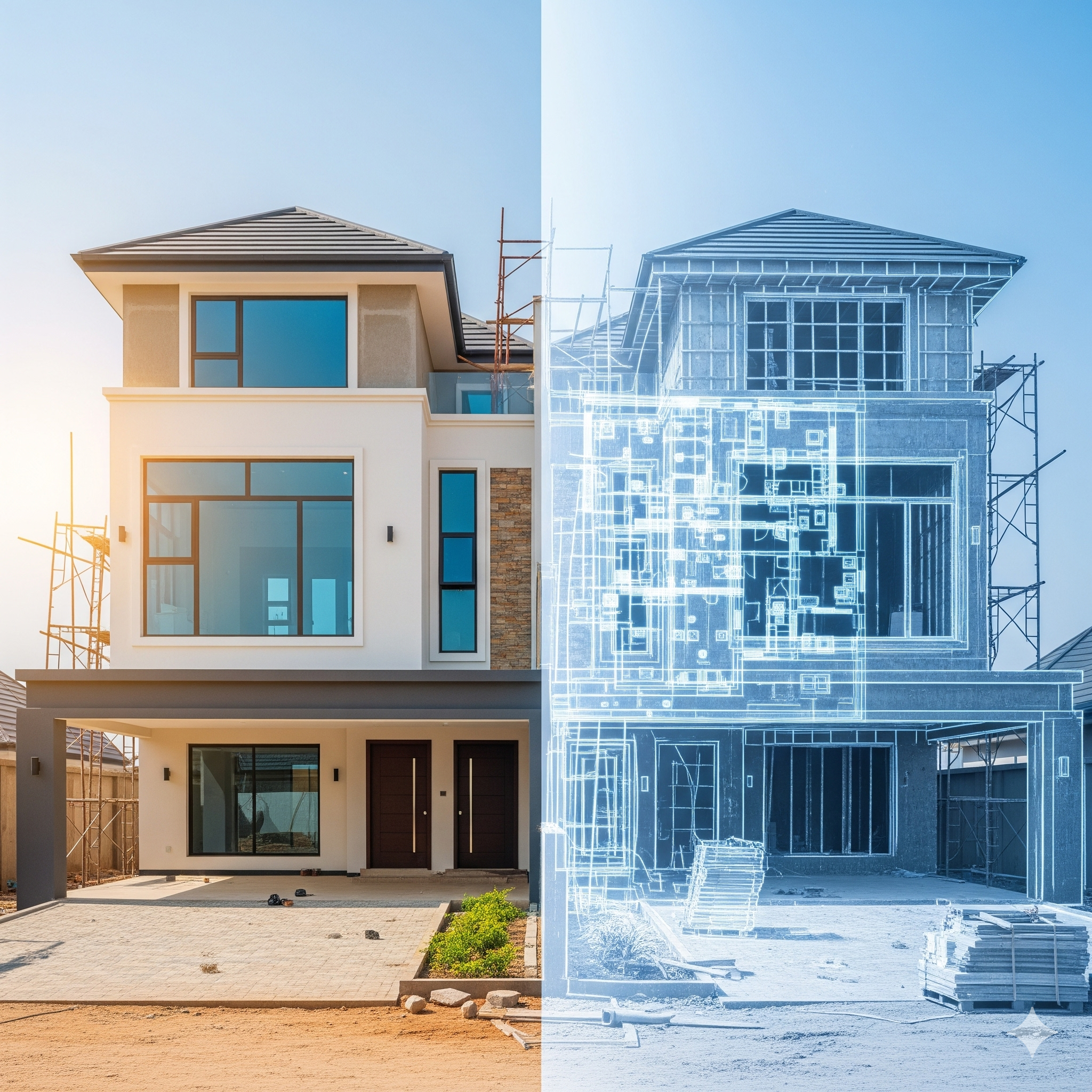You’ve seen the glossy brochures and stunning 3D renders: a brand-new, modern home in a prime location, offered at a price significantly lower than a completed house. This is the world of off-plan property investment—purchasing a home directly from a developer before it has even been built.
For many investors, off-plan is a powerful strategy to enter the property market at a favorable price and achieve significant capital appreciation. However, because you are buying a promise rather than a finished product, this path carries a unique set of risks.
Is it the right move for you? This complete guide provides a balanced look at the significant rewards and the critical risks of investing in off-plan properties in Nigeria, showing you how to make an informed and secure decision.
The Allure: Why Off-Plan Properties are So Popular (The Rewards)
Developers offer attractive incentives to get early commitments from buyers. This creates several key advantages for the off-plan investor.
1. Below-Market Purchase Price
This is the primary attraction. Developers need to secure initial funding and de-risk their projects, so they offer the first set of units at a substantial discount compared to the price of the property upon completion. You are essentially buying at wholesale and benefiting from the future retail value.
2. High Potential for Capital Appreciation
Because you buy at a lower price, your potential for growth is immense. It is not uncommon for an off-plan property’s market value to increase by 20-30% or more between your initial deposit and the day you receive your keys. This rapid equity gain is difficult to achieve when buying a completed home.
3. Flexible Payment Plans
Unlike buying a finished house, which requires a lump-sum payment, off-plan projects offer structured, flexible payment plans. This typically involves an initial deposit (e.g., 20-30%) followed by installment payments spread over the entire construction period (e.g., 18-24 months). This makes it easier for investors to manage their cash flow.
4. A Brand-New, Modern Property
You will be the very first person to live in the home. This means you get a modern design, brand-new fittings, and no immediate need for repairs or renovations. You also have the potential to customize certain finishes if you get involved early in the process.
The Reality Check: Understanding the Critical Risks
Where there is high reward, there is often high risk. A successful off-plan investment depends on being fully aware of these potential pitfalls.
1. Project Delays or Outright Abandonment
This is the single greatest risk. The developer may run out of funding, face regulatory hurdles, or simply have poor project management skills. This can lead to your capital being tied up for years beyond the promised delivery date, or in the worst-case scenario, the project being abandoned entirely.
2. Substandard Construction Quality
The finished property may not live up to the quality promised in the marketing materials. The developer might cut corners on materials or finishes to save costs, leaving you with a property that is worth less than anticipated and requires expensive repairs.
3. Unfavorable Contract Terms
The “Contract of Sale” is a legally binding document often drafted by the developer’s lawyers. It can contain clauses that heavily favor the developer, with minimal penalties for delays on their part but strict penalties for any late payments from you.
4. Market Fluctuations
While the market usually appreciates, there is a possibility that the property market could stagnate or decline during the construction period, reducing your expected profit margin upon completion.
Your Due Diligence Checklist: How to Invest in Off-Plan Safely
You can significantly mitigate these risks by conducting thorough due diligence. Before you sign any document or pay any deposit, you must take these steps:
1. Investigate the Developer’s Track Record
Do not invest with a developer who doesn’t have a history. A reputable developer will be proud to show you their portfolio of completed projects. Visit these projects. If possible, talk to residents to confirm if the project was delivered on time and if the quality has held up.
2. Verify the Legal Title of the Land
Confirm that the developer has a valid and secure legal title (like a C of O or Governor’s Consent) for the entire project land. Your lawyer must conduct a search at the Land Registry to ensure the land is free from any government acquisition or legal disputes.
3. Confirm Building Plan Approvals
Ask for proof that the developer has secured all necessary building permits and approvals from the state’s physical planning authorities (e.g., LASPPPA in Lagos). Without this, the government could halt the project at any time.
4. Have Your Lawyer Scrutinize the Contract of Sale
Never sign a developer’s contract without having your own independent property lawyer review it thoroughly. Pay close attention to the delivery date, penalty clauses (for both parties), the exact specifications of materials to be used, and what happens in a case of default.
The Verdict: A Strategic Move for the Diligent Investor
Off-plan properties are not for passive investors; they are for diligent, well-advised investors. When the proper checks and balances are in place, they offer an unparalleled opportunity for wealth creation.
Navigating the complexities of off-plan investments is where a trusted advisor becomes invaluable. At MiraEmma Properties, we help our clients vet developers, scrutinize documentation, and identify off-plan projects with the highest potential for success and the lowest risk profile.
Ready to explore the rewards of off-plan investing, the safe way? Let’s talk about the verified opportunities in our portfolio.





Join The Discussion